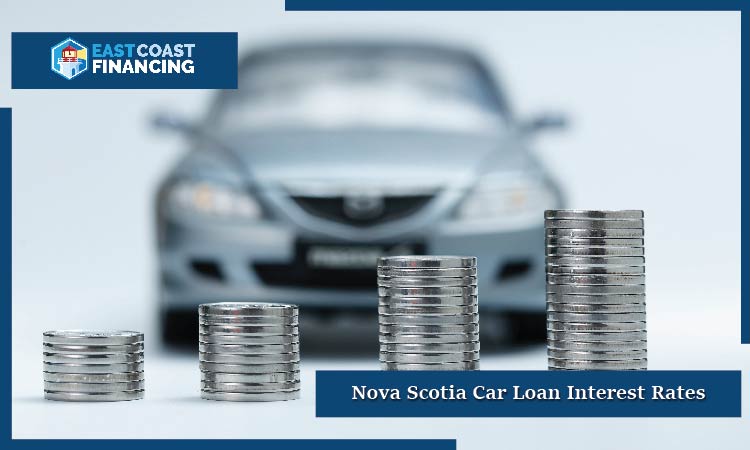5 Surprising Factors That Impact Nova Scotia Car Loan Interest Rates

Are you planning to purchase a new or used car in Nova Scotia? Unless you’ve got thousands of dollars lying around, you’ll probably have to take out a Nova Scotia car loan to fund the purchase. One crucial factor you must consider before you take out a car loan is the interest rate. The interest rate determines how much extra money you will pay back to the lender on top of the principal.
Most borrowers understand that their interest rate is based on their individual circumstances. They realize that critical factors like loan amount, term, and credit history determine what an interest rate will be. But they tend to forget the other minor factors that lenders consider when deciding on an interest rate. Below are five surprising factors that affect Nova Scotia auto loan interest rates.
1. Age of the Vehicle
Unlike a home or property, cars are depreciating assets. They lose value quickly, which means there’s a risk to the lender if you fail to repay the loan on time. To account for this increased risk, a lender will usually increase the interest rate with the age of the vehicle. This means if you’re buying an old used car in Nova Scotia, you’re likely to be charged a higher interest rate.
2. Likelihood of Theft
Can you believe that thousands of vehicles are stolen every year in Canada? Unfortunately, some vehicles are more prone to theft than others. Records from the Insurance Bureau of Canada reveal that Ford F-250s are more likely to be stolen, followed by Lexus GX 460s, Toyota Camrys, Honda Civics, and Honda Accords.
To offset this risk, lenders charge higher interest rates on models that are likely to be stolen. You can offset these high-interest rates by installing GPS trackers, anti-theft alarms, and other recovery devices on your vehicle.
3. Home Ownership
Lenders prefer borrowers with economic stability, as they’re likely to be more consistent in repaying the loan on time. The general belief is that if the borrower owns a home, they have better economic stability. As a result, renters are charged higher interest rates than borrowers who own a home.
4. Employment History
Similarly, your employment history plays a crucial role in determining the interest rate. As auto loans generally last for a long time, up to eight years, lenders prefer borrowers who have a stable employment track record. Borrowers verify your employment history by asking you to submit bank statements or pay stubs as proof of employment. You may be charged a steep interest rate if you have a patchy employment record or currently do not hold a stable job. In the worst case, a lender will not approve the loan.
5. Relationship Status
This is one of the most surprising factors, and it plays a large part in determining auto loan interest rates in Nova Scotia and Canada. Individuals who are in stable relationships, i.e. married, living with a partner, etc. receive slightly lower interest rates than single adults. When someone is in a relationship, they are less likely to default, as they can depend on their partner if they hit financial troubles.
As you can see, lenders don’t just pick a random interest rate. Instead, they consider several factors before they arrive at the final rate for a borrower. If you’re looking to get an auto loan for a good price in Nova Scotia, make sure you check out East Coast Financing so you can get a great deal.
Get a no-obligation assessment of your trade-in value below, or fill out this form to talk with one of our agents about your financing options:

